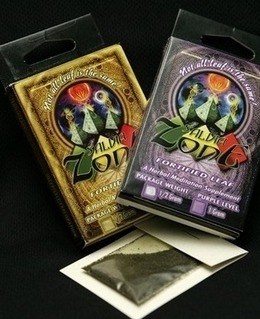Is salvia the next marijuana?
(Agencies)
Updated: 2008-03-12 09:02
Updated: 2008-03-12 09:02
TALLAHASSEE, Fla. -- On Web sites touting the mind-blowing powers of Salvia divinorum, come-ons to buy the hallucinogenic herb are accompanied by warnings: "Time is running out!" and "stock up while you still can."
That's because salvia is being targeted by lawmakers concerned that the inexpensive and easy-to-obtain plant could become the next marijuana. Eight states have already placed restrictions on salvia, and 16 others, including Florida, are considering a ban or have previously.
|
|
"As soon as we make one drug illegal, kids start looking around for other drugs they can buy legally. This is just the next one," said Florida state Rep. Mary Brandenburg, who has introduced a bill to make possession of salvia a felony punishable by up to five years in prison.
Some say legislators are overreacting to a minor problem, but no one disputes that the plant impairs judgment and the ability to drive.
Native to Mexico and still grown there, Salvia divinorum is generally smoked but can also be chewed or made into a tea and drunk.
Called nicknames like Sally-D, Magic Mint and Diviner's Sage, salvia is a hallucinogen that gives users an out-of-body sense of traveling through time and space or merging with inanimate objects. Unlike hallucinogens like LSD or PCP, however, salvia's effects last for a shorter time, generally up to an hour.
Salvia divinorum is not one of the several varieties of common ornamental garden plants known as Salvia.
No known deaths have been attributed to salvia's use, but it was listed as a factor in one Delaware teen's suicide two years ago.
"Parents, I would say, are pretty clueless," said Jonathan Appel, an assistant professor of psychology and criminal justice at Tiffin University in Ohio who has studied the emergence of the substance. "It's much more powerful than marijuana."
|
|
|
||
|
||
|
|
|
|


